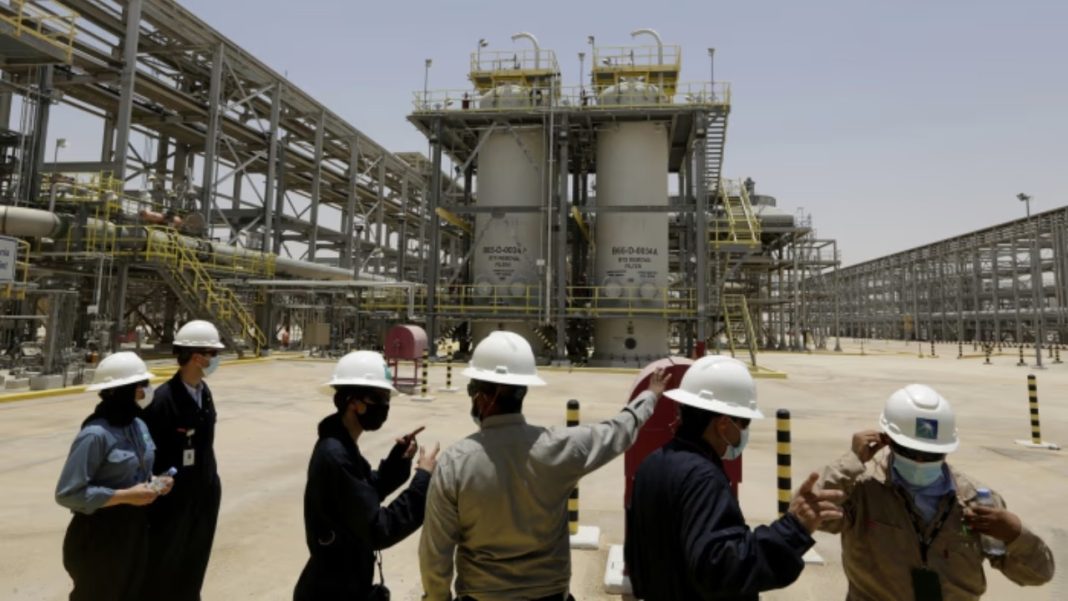Saudi Arabia has officially abolished its controversial Kafala labour sponsorship system, ending a 50-year policy that governed millions of migrant workers. Announced in June 2025, this landmark reform grants foreign workers greater freedom and legal protections.
Key Takeaways
- Kafala system abolished after decades of operation
- 13+ million migrant workers to benefit from reforms
- Workers can now change jobs and leave country freely
- Part of Saudi Arabia’s Vision 2030 modernization plan
What Was the Kafala System?
The Kafala (sponsorship) system, introduced in the 1950s, gave Saudi employers near-total control over migrant workers’ lives. Employers decided whether workers could change jobs, leave the country, or seek legal assistance.
Under this framework, every foreign worker was tied to a local sponsor (Kafeel) who controlled their residency, employment, and legal status.
Widespread Abuse and Criticism
The system became notorious for enabling employer abuse. Workers reported passport confiscation, wage theft, and movement restrictions. Without sponsor permission, they couldn’t change jobs, return home, or report mistreatment to authorities.
Human rights organizations frequently described Kafala as “modern-day slavery” that stripped workers of basic freedoms.
International Pressure for Change
The International Labour Organization and global rights groups had long criticized Gulf countries for enabling forced labour through the sponsorship system. With 13.4 million migrant workers comprising 42% of its population, Saudi Arabia faced mounting pressure to reform.
Domestic workers, particularly women, suffered the most under Kafala, facing isolation, overwork, and limited legal protection.
New Rights for Migrant Workers
The abolition forms part of Crown Prince Mohammed bin Salman’s Vision 2030 plan to diversify the economy and project a modern image.
Under the new contract-based system:
- Workers can change jobs without employer approval
- Exit visas and sponsor consent no longer required to leave country
- Enhanced access to labour courts and complaint mechanisms
These changes aim to align Saudi labour practices with international standards while attracting skilled professionals and foreign investment. The reforms follow similar moves by Qatar ahead of the 2022 World Cup.




